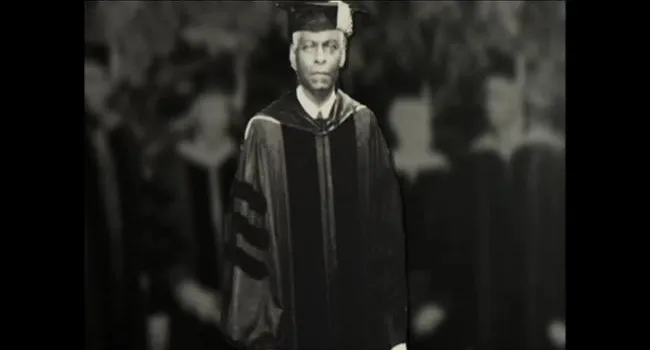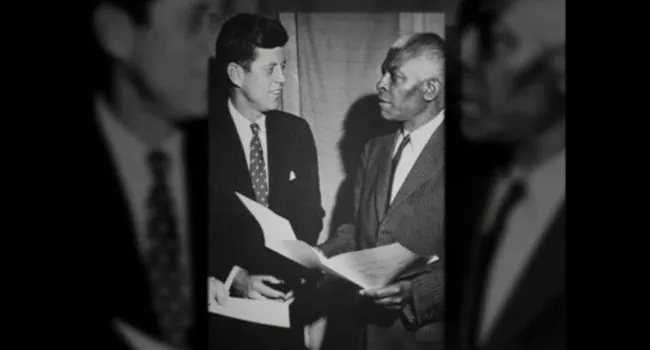Dr. Mays’ relationship with Martin Luther King Jr., is probably the most significant one, and King has admitted that Mays was his influence to become a minister. Since Mays did not have any boys of his own, he saw Martin Luther King Jr. as a son, and King viewed Mays as a spiritual father figure. Mays brought the teachings of Mahatma Gandhi to his chapel sermons, and King took these lessons to heart, using them in his mission for civil rights. Sadly, on April 4, 1968, Dr. King was assassinated in Memphis, Tennessee. Dr. King had personally hand-picked Benjamin Mays to deliver his eulogy.
Standards
- This indicator was designed to foster inquiry into the role of South Carolina in the Modern Civil Rights Movement, to include the influence of court cases such as Briggs v. Elliot and Flemming v. South Carolina Electric and Gas. This indicator was also developed to promote inquiry into the relationship between national leadership, protests, and events and South Carolina leadership, protests and events, such as the Friendship Nine and the Orangeburg Massacre.
- This indicator was developed to encourage inquiry into civic engagement, such as military service, public demonstrations, and political activism, to shape the identity of modern South Carolina. This indicator was also written to encourage inquiry into South Carolinians’ use of the court system and legislation to affect South Carolina’s post-World War II identity.
Resources
You need to be logged in to listen to view this content. Create an account now; it's quick, easy, and free!
Log In to ViewLa relación del Dr. Mays con Martin Luther King Jr., es probablemente la más significativa, y King ha admitido que Mays fue su influencia para convertirse en ministro. Como Mays no tenía hijos propios, vio a Martin Luther King Jr. como un hijo, y King vio a Mays como una figura paterna espiritual. Mays uso las enseñanzas de Mahatma Gandhi en sus sermones de capilla, y King tomó estas lecciones en serio, usándolas en su misión por los Derechos Civiles. Lamentablemente, el 4 de abril de 1968, el Dr. King fue asesinado en Memphis, Tennessee. King había elegido personalmente a Benjamín Mays para dar el elogio fúnebre.





